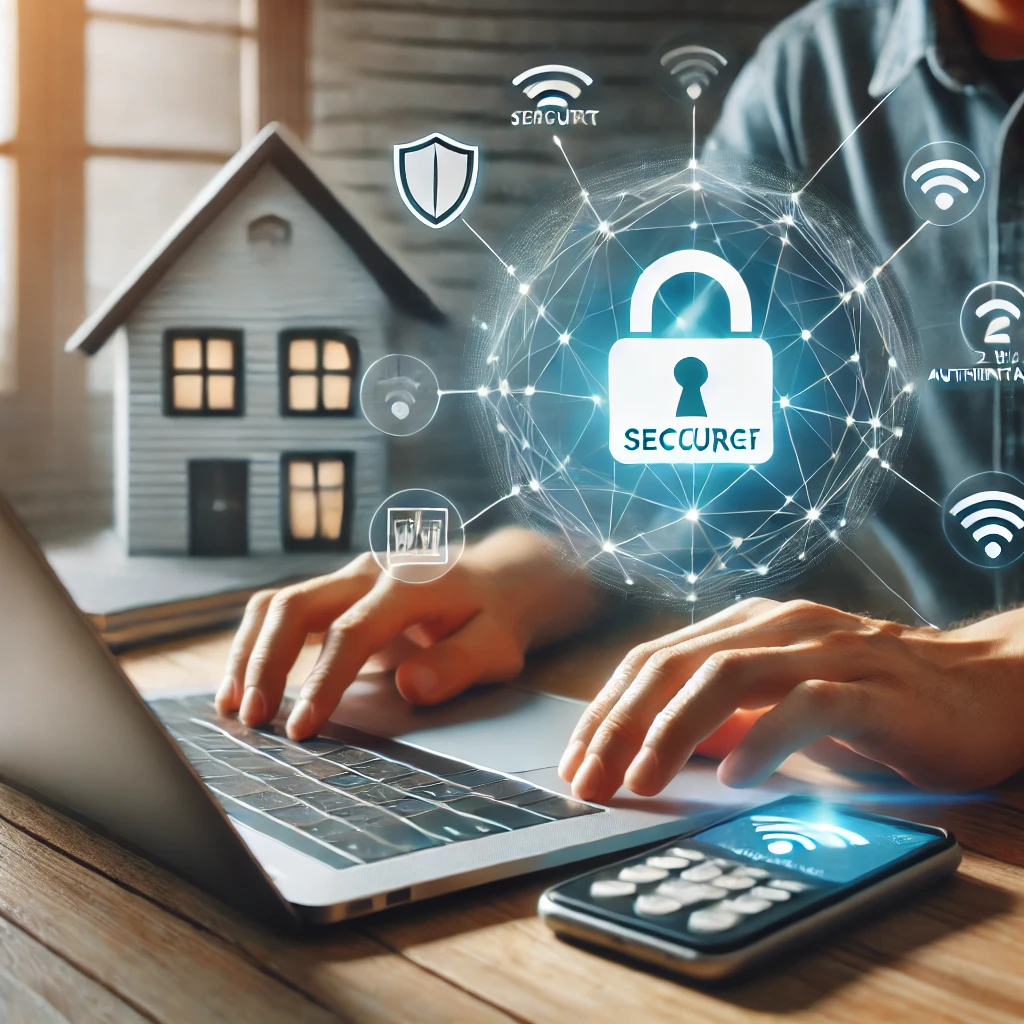In the digital age, the convenience of paying for services online has become a necessity. This holds especially true in the Philippines, where internet connectivity is essential for daily activities such as work, education, and communication. However, with this convenience comes a growing concern: the security of personal and financial data when making online payments. Cyberattacks and fraud cases are on the rise, making it vital for consumers to be aware of how to protect their data when paying for internet services.
One of the first steps in safeguarding online payments is using secure connections. Avoid making transactions over public Wi-Fi networks, as these are prime targets for hackers. Instead, opt for a private, encrypted network or a Virtual Private Network (VPN) to ensure that your connection is secure and difficult to intercept. Additionally, regularly updating your internet security software provides an added layer of protection against potential threats.
Another key to secure online payments is using strong and unique passwords. Many users tend to reuse passwords across different sites, which increases vulnerability. A combination of letters, numbers, and symbols for each account minimizes the risk of your accounts being hacked. Using a password manager can also help generate and store complex passwords securely, reducing the temptation to reuse easy-to-remember credentials.
Always verify the legitimacy of the payment platforms you use. Scammers often create fake websites that closely resemble legitimate platforms to trick users into entering their payment information. Before making any payment, check the website’s URL, looking for “https” and a padlock symbol next to it. These indicators show that the site uses encryption to protect your data. Additionally, it’s a good practice to read reviews or verify through official communication channels if you are unsure of a site’s authenticity.
Two-factor authentication (2FA) is another powerful tool for securing online payments. This method requires not only a password but also a second form of verification, such as a code sent to your mobile device. Even if a hacker gains access to your password, they would still need the additional verification to complete a transaction. Activating 2FA on all your accounts adds a critical layer of protection.
Regularly monitoring your financial statements and online transaction history is also crucial. Keeping an eye on your bank accounts or payment apps for any unauthorized transactions can help you catch and report potential fraud early. If you spot something suspicious, notify your bank or service provider immediately to limit further damage.
Lastly, it’s important to stay informed about current cybersecurity threats. Scammers constantly evolve their methods, and staying updated on the latest fraud schemes can help you recognize and avoid them. By following trusted cybersecurity news and resources, you can make more informed decisions when paying for services online, including your internet.
In conclusion, protecting your data while making online payments for internet services in the Philippines requires a proactive approach. From securing your connection and creating strong passwords to using two-factor authentication and monitoring your accounts, these practices significantly reduce the risk of falling victim to online fraud. As the digital landscape continues to evolve, staying vigilant and informed is key to ensuring your online safety.
